‘End of an Era’: Last Surviving Battle of Britain Pilot, Paddy Hemingway, Dies at 105
WWII Fighter Pilot Remembered for His Bravery and Sacrifice
John "Paddy" Hemingway, the last surviving pilot from the Battle of Britain, has passed away at the age of 105, marking the end of an era for those who defended Britain's skies during World War II.
Born in Dublin, Mr. Hemingway joined the Royal Air Force (RAF) as a teenager before the outbreak of the war. At just 21, he became a fighter pilot during the Battle of Britain, a three-month-long air campaign where RAF pilots repelled relentless assaults from the German Luftwaffe.
Tributes Pour In for a War Hero
Prime Minister Sir Keir Starmer honored Hemingway’s service, stating that his bravery, along with that of all RAF pilots, was instrumental in bringing WWII to an end and securing freedom.
The Prince of Wales, Prince William, also paid tribute, acknowledging that "we owe so much to Paddy and his generation for our freedoms today," adding that their courage and sacrifice would always be remembered.
Deputy First Minister of Northern Ireland, Emma Little-Pengelly, described him as "an absolute hero," reflecting on the remarkable experiences detailed in his obituary. She praised the "incredible sacrifices" made by Hemingway’s generation.
During the war, those who fought in the Battle of Britain became known as "The Few," a term immortalized by then-Prime Minister Winston Churchill, who declared, "Never in the field of human conflict was so much owed by so many to so few."
A Life of Valor in the Skies
In a statement, the RAF confirmed that Mr. Hemingway "passed away peacefully" on Monday. His squadron played a crucial role in the war, shooting down 90 enemy aircraft over 11 days in May 1940 and providing critical fighter cover during the Battle of France.
Hemingway endured numerous life-threatening encounters during his service. He was shot down four times, twice in August 1940 while engaged in intense aerial combat, forcing him to bail out of his Hurricane fighter – once landing in the sea off the Essex coast and another time in marshland.
Remarkably, in 2019, the wreckage of his Hurricane was recovered, with the control column and gun-button still set to "fire."
Awarded the Distinguished Flying Cross in July 1941 for his exceptional bravery, Hemingway was on his way to receive the medal from the King when the aircraft he was traveling in crashed during take-off, forcing him to escape once again.
While stationed with the 85 Squadron in RAF Hunsdon, he narrowly survived another harrowing experience when he was forced to bail out of his Havoc night fighter at just 600 feet due to instrument failure. His parachute failed to deploy properly, but he miraculously survived after catching onto tree branches during his descent.
In his final combat mission near Ravenna, Italy, his Spitfire was hit multiple times, forcing him to land in enemy territory. He evaded capture with the help of Italian citizens who guided him back to Allied forces.
A Humble Perspective on Greatness
Speaking to BBC News NI in 2023, Hemingway reflected on his wartime experiences with humility.
"I don't think we ever assumed greatness of any form," he said. "We were just fighting a war which we were trained to fight."
His greatest sorrow remained the loss of his comrades, particularly his friend Richard "Dickie" Lee, who died in August 1940.
Remembering a Legend
The RAF described Hemingway’s passing as "a poignant reminder of the sacrifices made by those who fought for freedom during World War II."
"His courage in the face of overwhelming odds demonstrated his sense of duty and the importance of British resilience," the RAF statement read.
Despite his extraordinary wartime experiences, Hemingway remained known for his good humor and camaraderie.
"This quiet, composed, thoughtful, and mischievous individual may not have wanted to be the last of ‘The Few,’ but he embodied the spirit of all those who flew sorties over this green and pleasant land," the RAF said.
Chief of the RAF Air Staff, Sir Rich Knighton, who met Hemingway in Dublin earlier this year, called him an "amazing character" whose life exemplified the very best of the Royal Air Force.
With Hemingway’s passing, the last chapter of the Battle of Britain’s living history has closed, but his legacy—and that of his fellow pilots—will endure for generations.

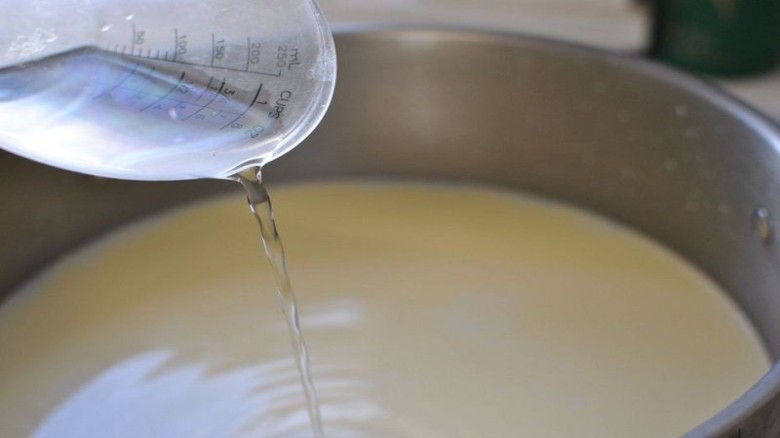


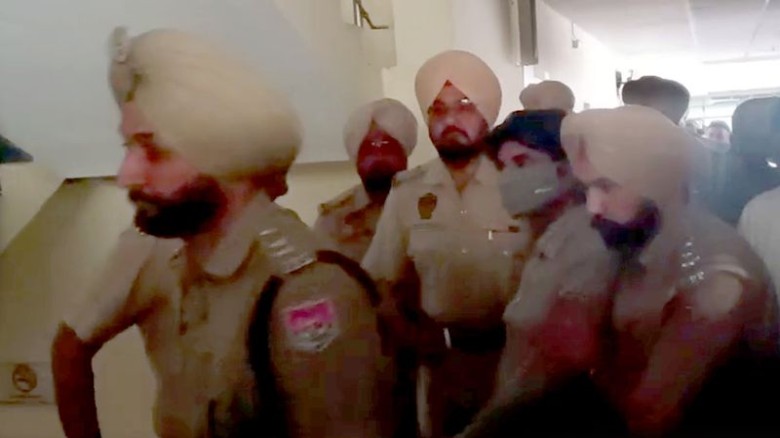
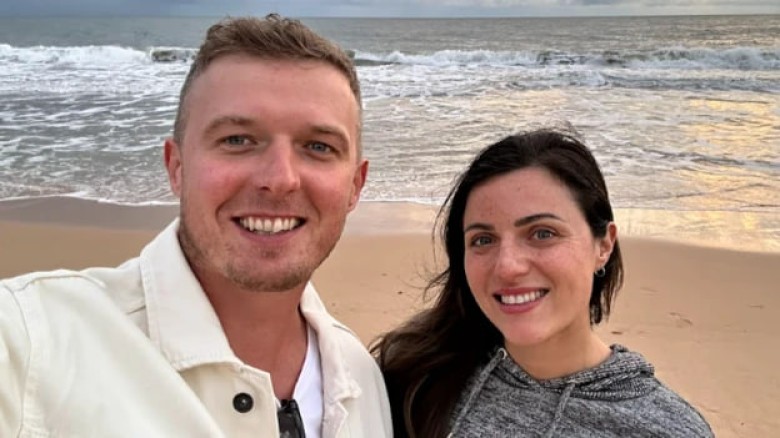
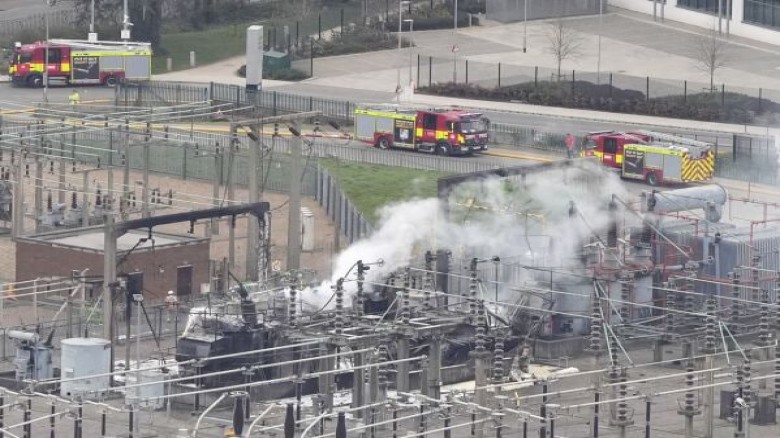
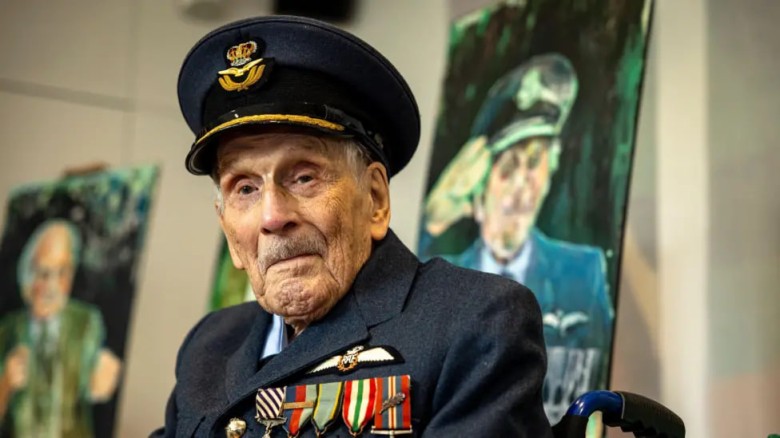
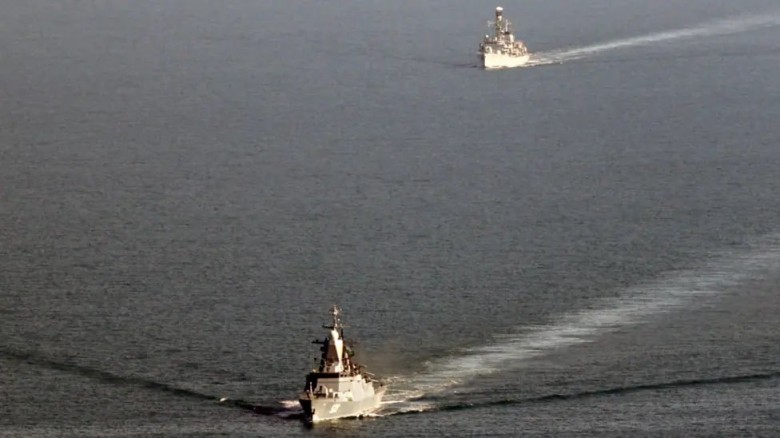
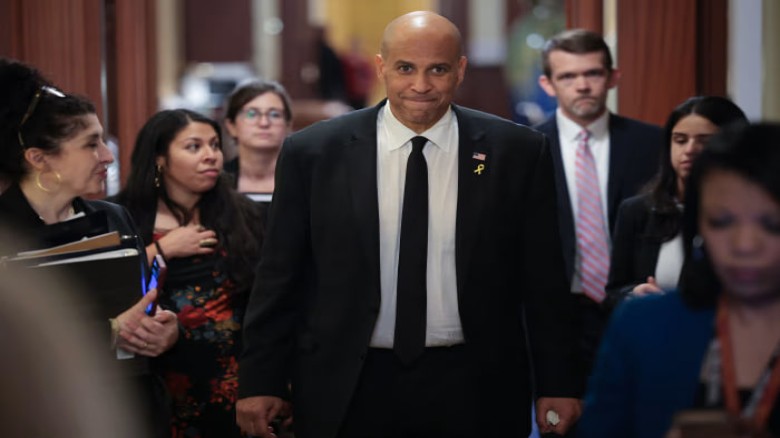
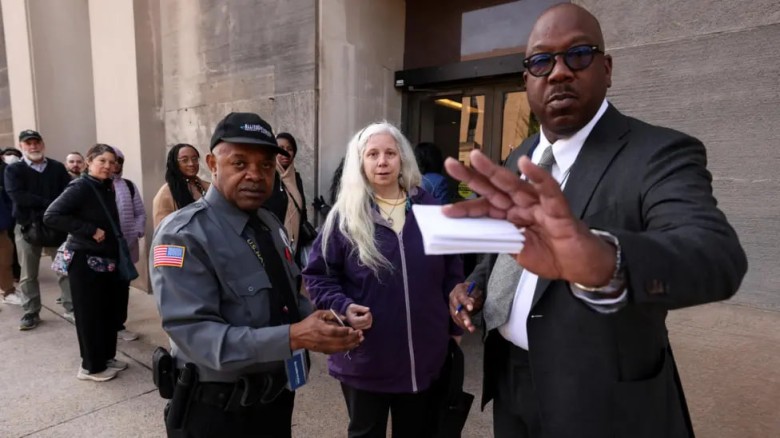
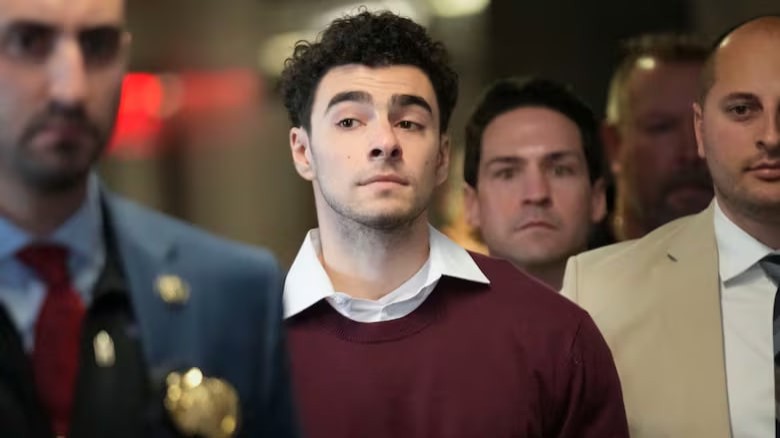
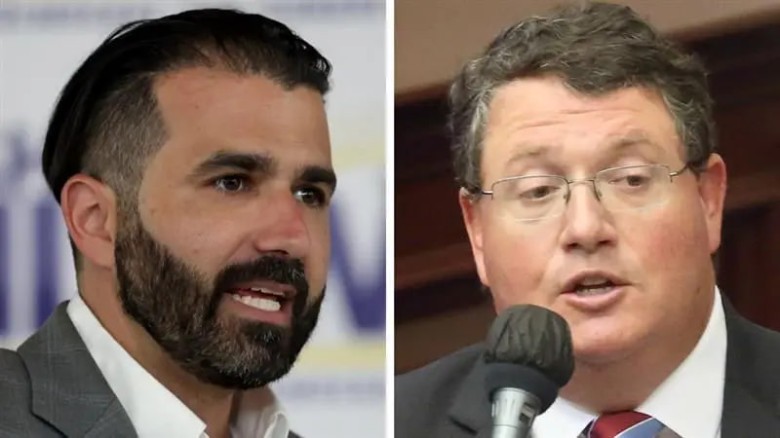

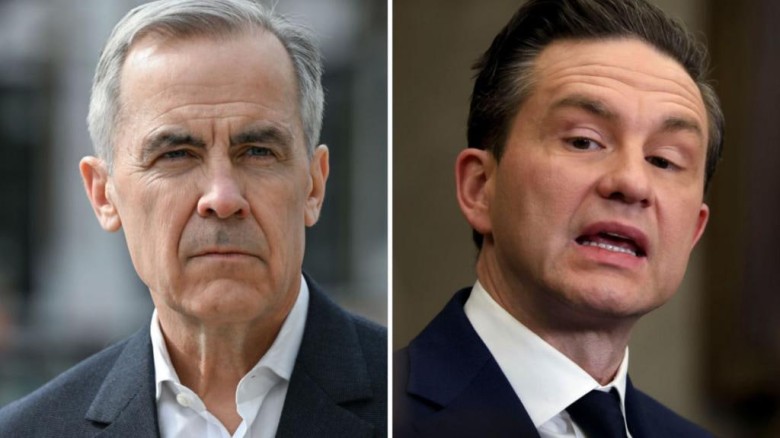
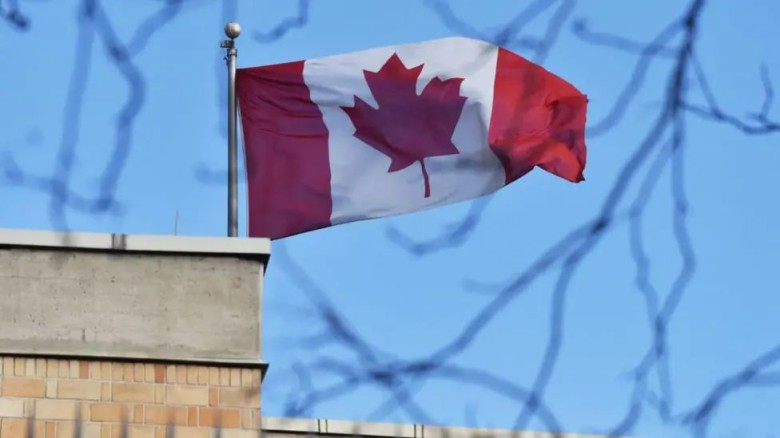
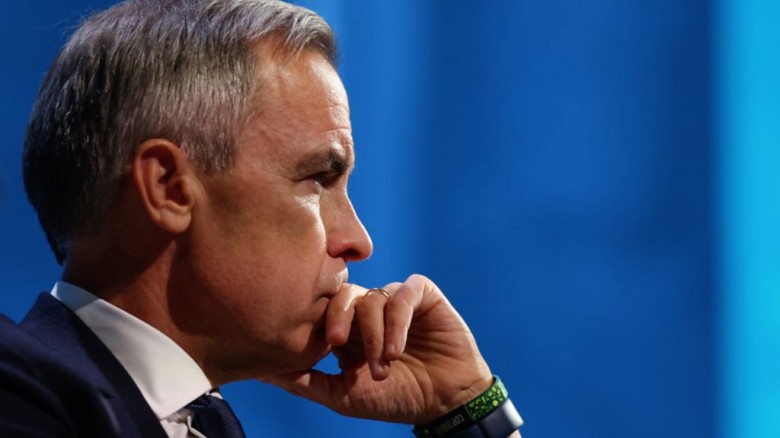
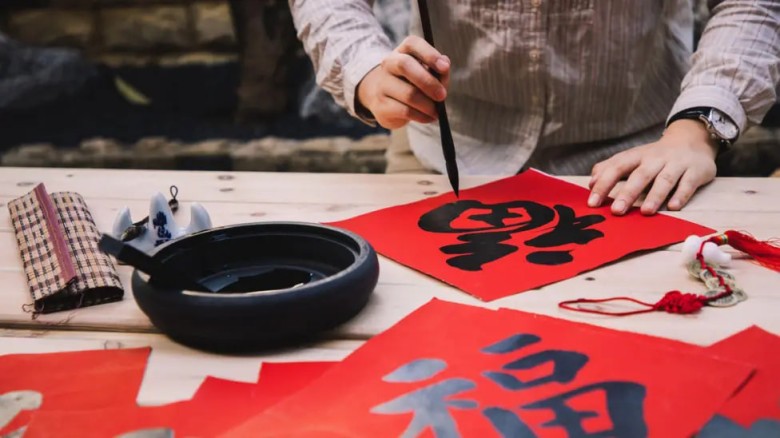
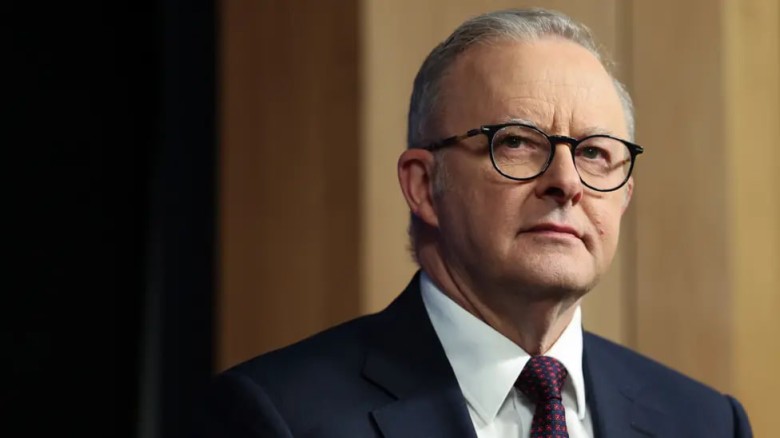

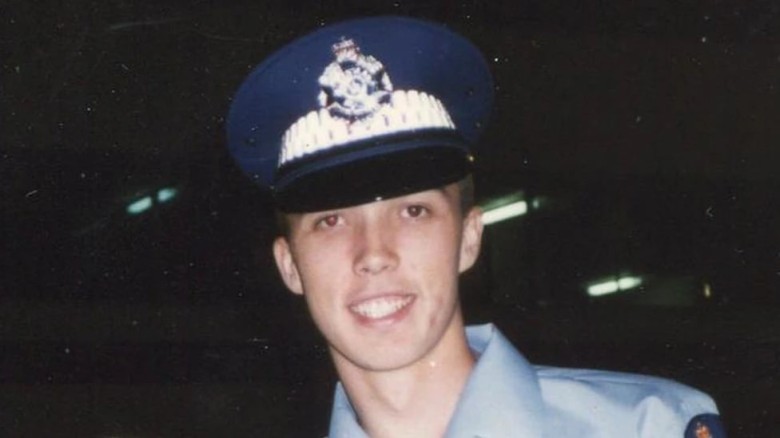
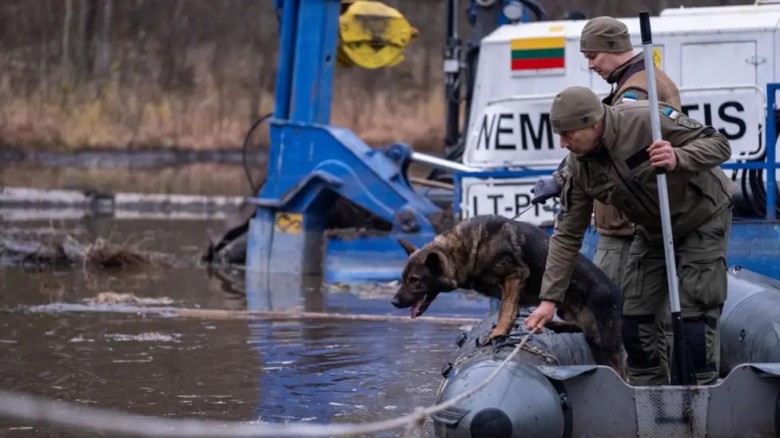
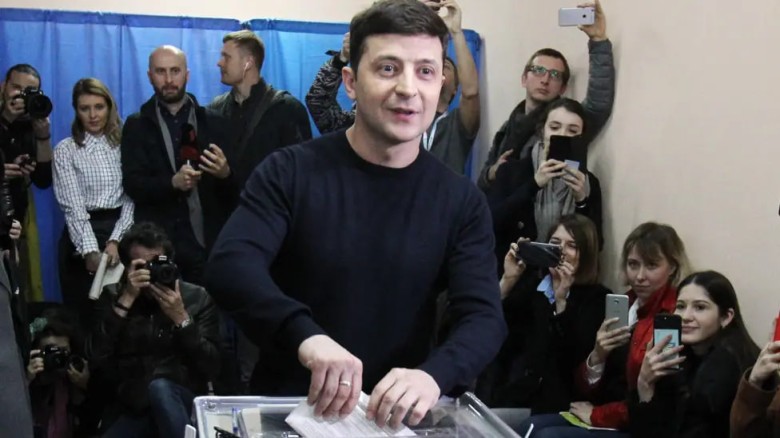
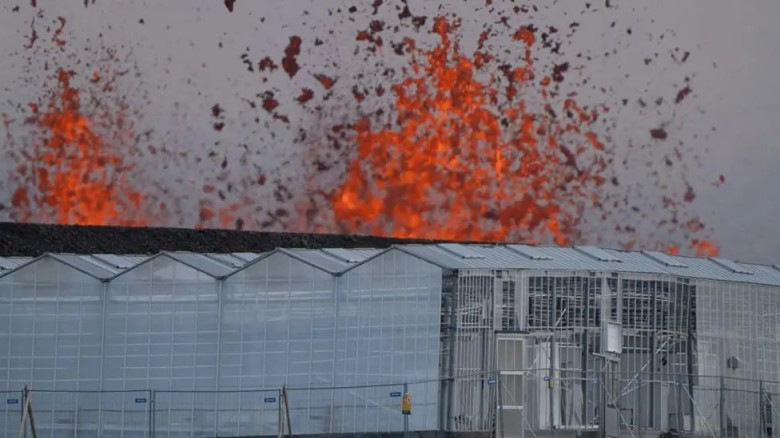
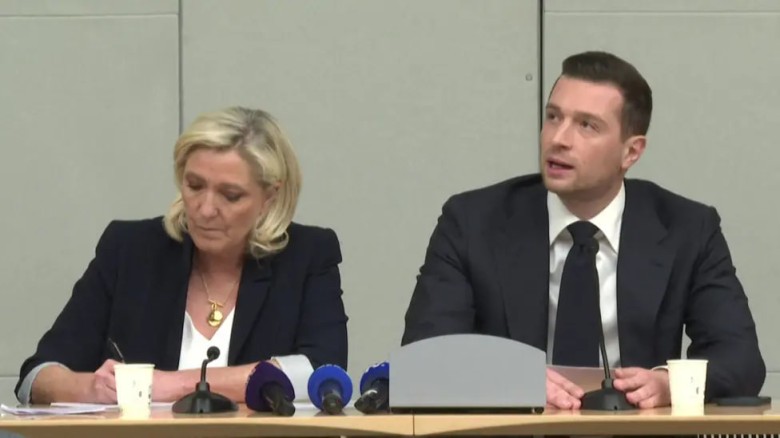
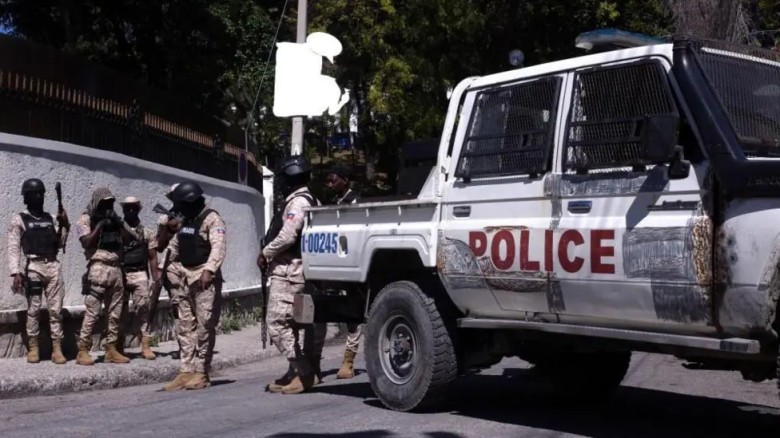
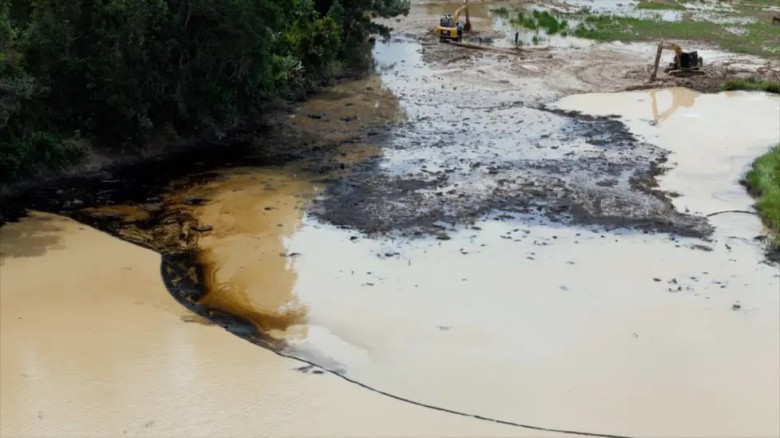
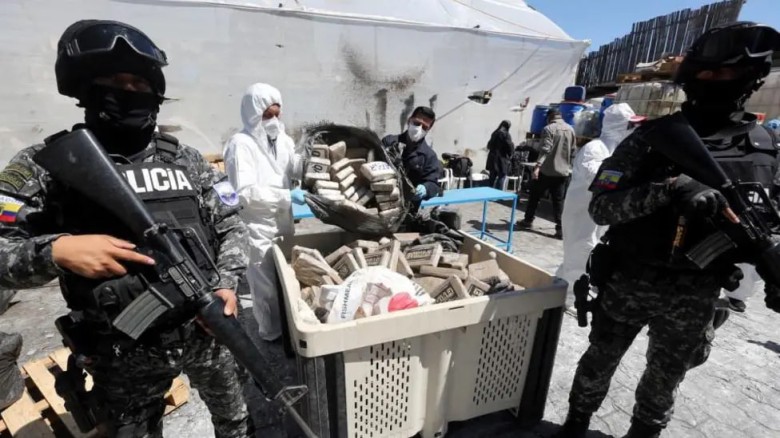
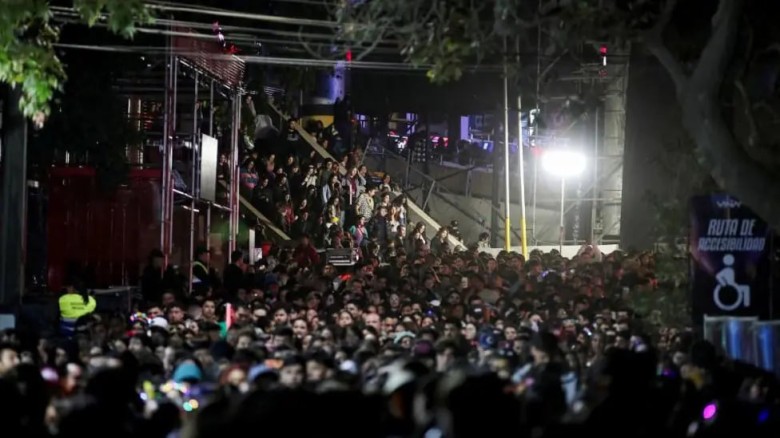





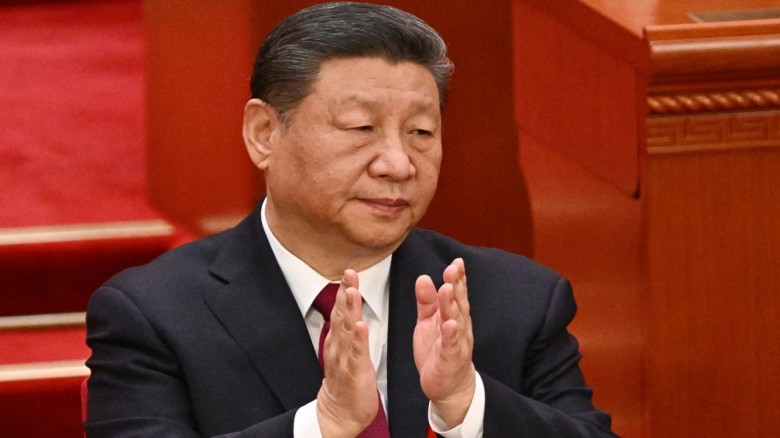
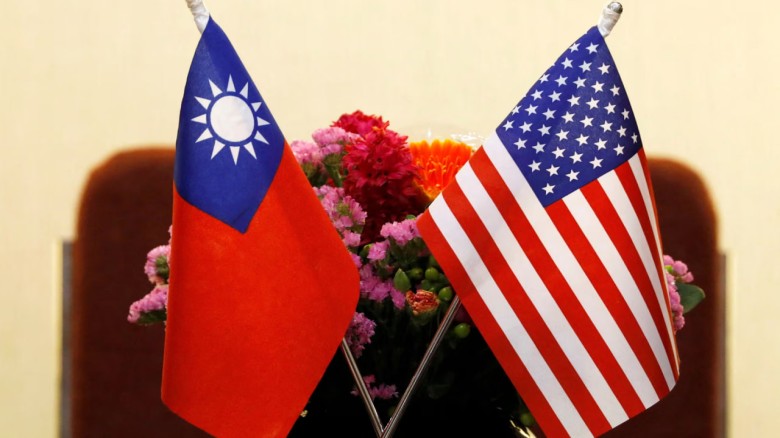

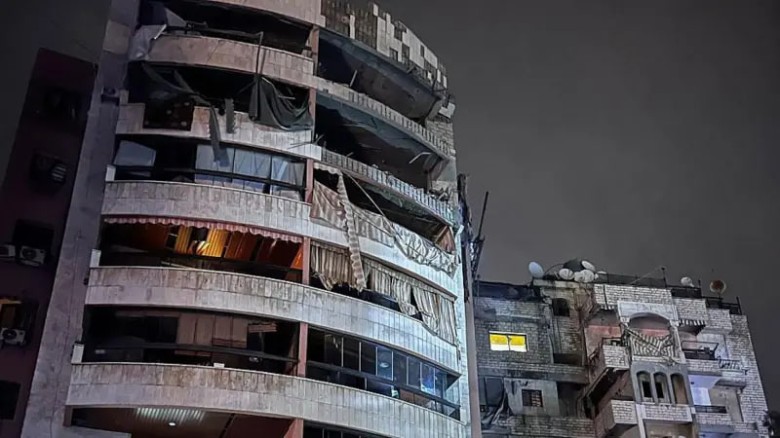
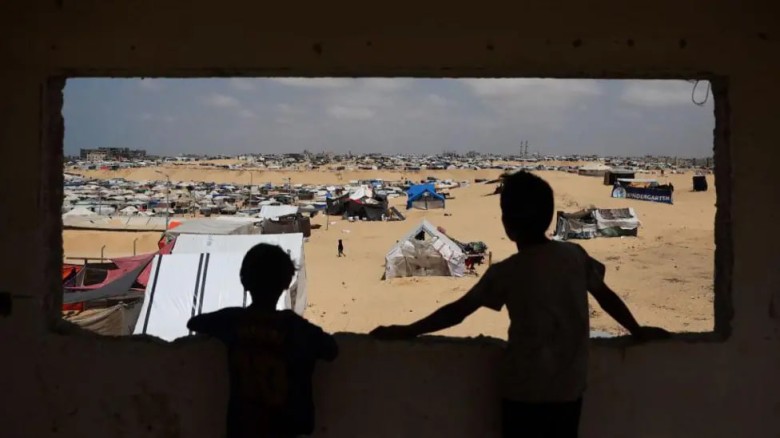
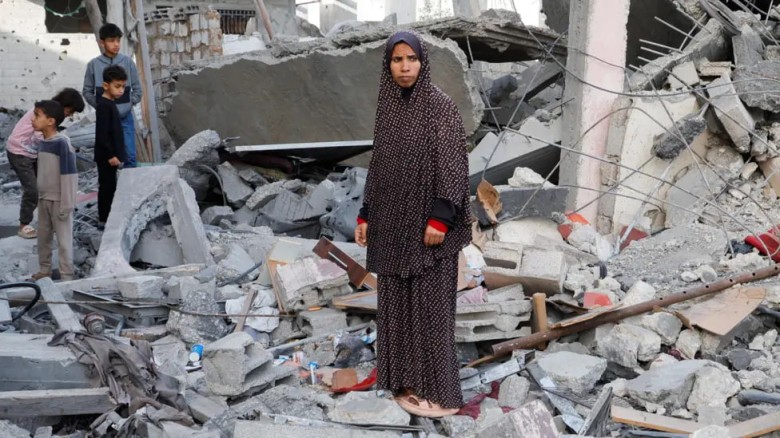
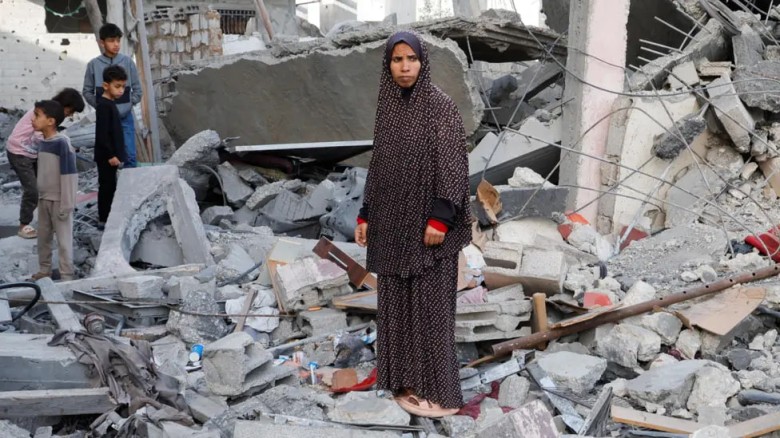

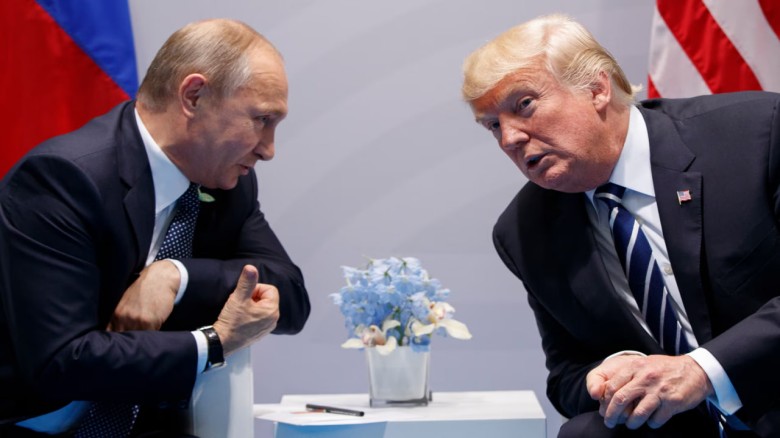
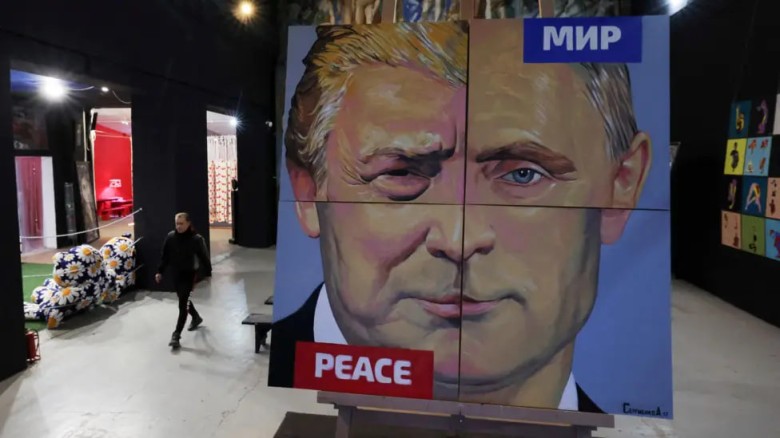
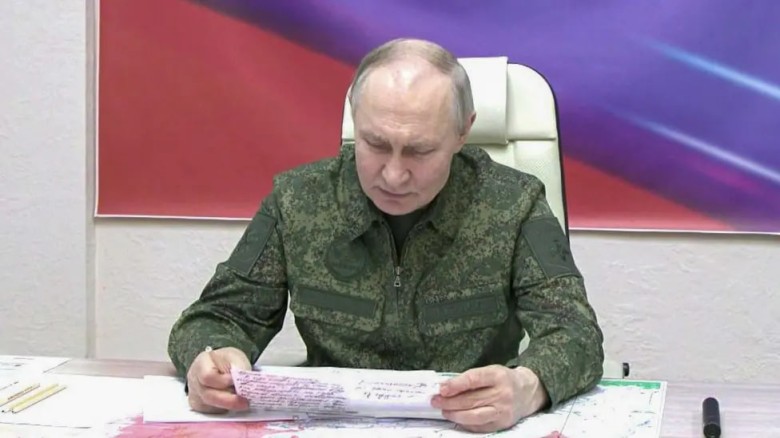



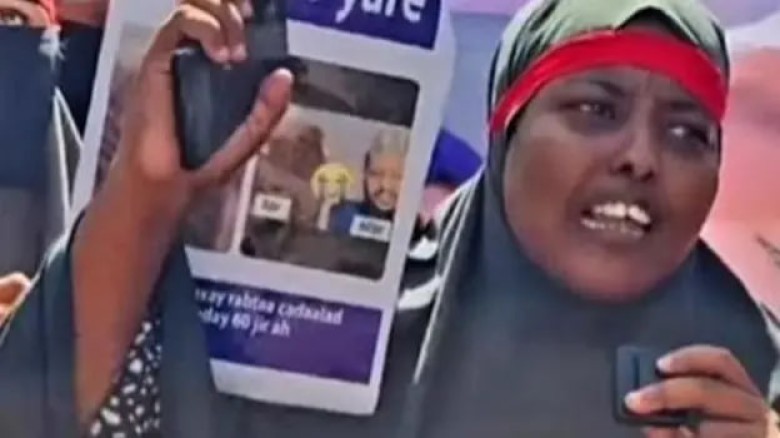
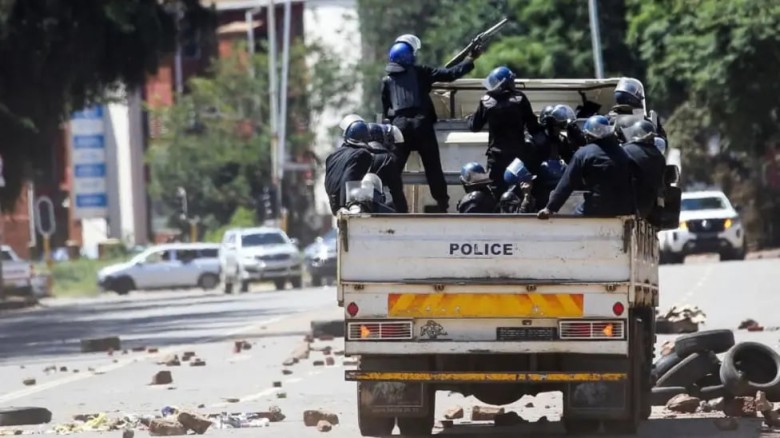
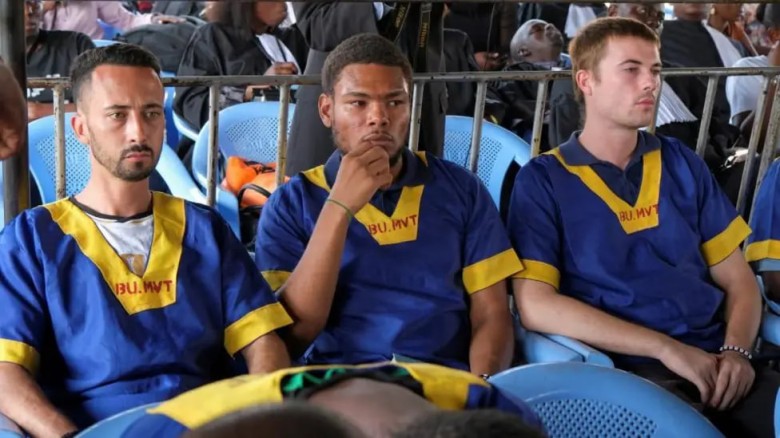
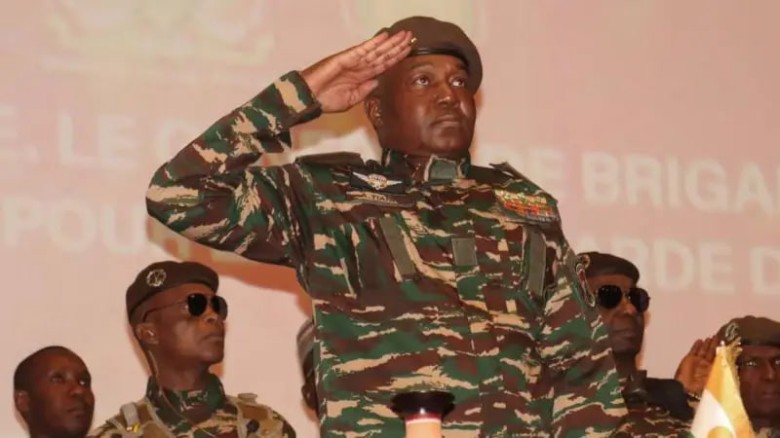







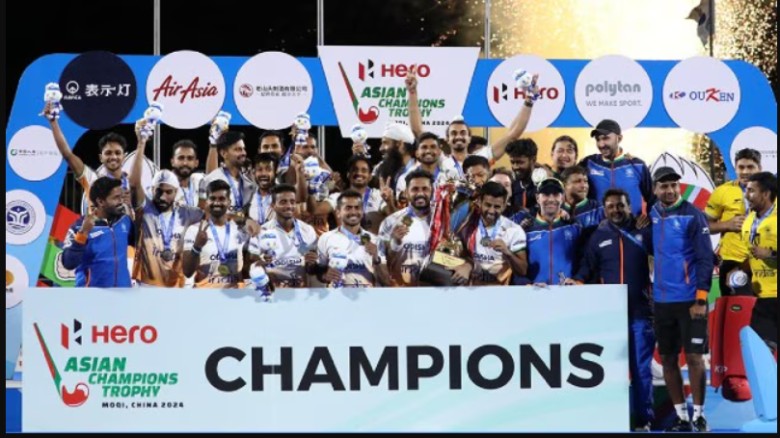



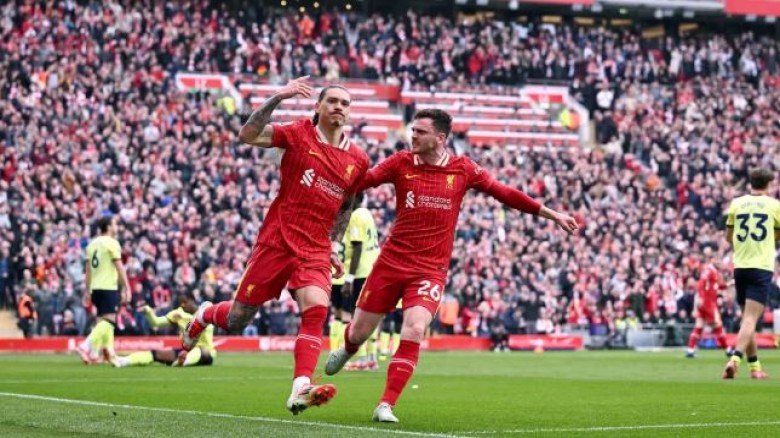


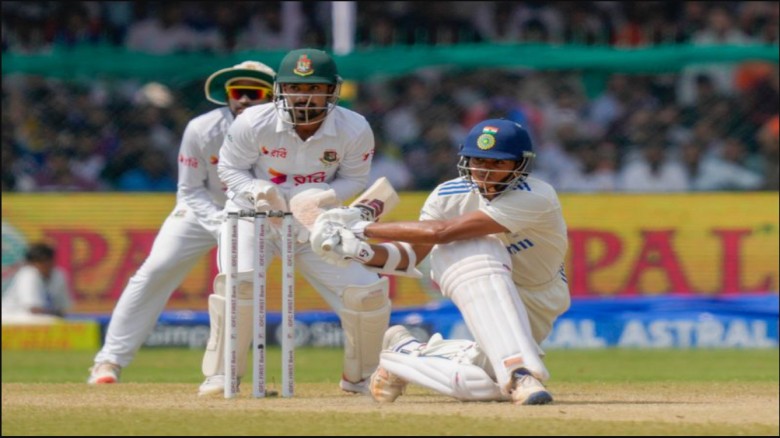


Leave A Comment